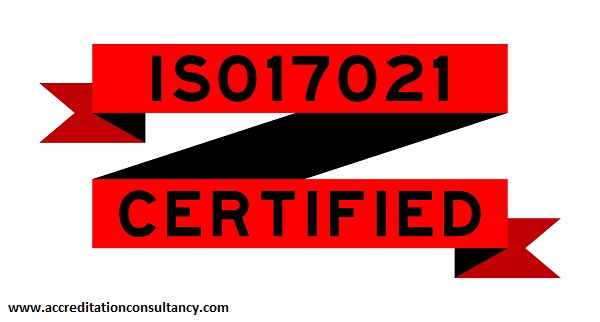The ISO/IEC 17021-1:2015 is a global standard created to define how companies should conduct audits and certifications for management systems. This standard, which was published by the International Organization for Standardisation and the International Electrotechnical Commission, outlines the fundamental conditions that these organizations must meet to increase the consistency and reliability of these inspections and certifications.
We'll go over the fundamentals of this text in this ISO 17021 Document, touching briefly on the key principles and instructions included in each section.
This standard covers a variety of staff competency, reporting, and procedure-related aspects of auditing and certification. It describes the standards for auditor competency, objectivity, consistency, and the procedure for carrying out audits and awarding certifications.
You will encounter these comprehensive sections covering all policies and procedures as you read through the documentation for this standard. These consist of:
Principles of ISO 17021
The foundation of what the standard requires is provided by the instructions provided in ISO/IEC 17021-1:2015. These criteria guarantee an objective, competent, accountable, and open certification procedure. Here provide you summary of some of its most important ideas.
- Impartiality: The certifying body should always operate impartially in all of its decisions and actions. For impartiality to be maintained, conflicts of interest must be recognised and controlled. For the certification process to be trusted, this is crucial.
- Competency: Participants in the certification procedure need to have the necessary abilities and information. The competence of certification bodies' employees, including auditors and decision-makers, must be ensured.
- Responsibility: The certifying body is ultimately in charge of its actions and judgements. This means that the organization must avoid outsourcing or transferring the duty of ensuring the accuracy and objectivity of its certifications.
- Transparency: A certifying authority should be open about its rules and practises. Except in cases where secrecy is necessary, information on the certification procedure should be available to the public.
- Confidently: Information must be protected from prying eyes by the certifying organization. Sensitive information developed or acquired during the certification process needs to be protected with procedures.
- Risk-Based Approach: Certification bodies are required to approach their work in a risk-based manner. The goal of this strategy is to recognise and effectively manage risks and opportunities that might undermine the integrity of certification.
- Response Time: The certifying body must have a clearly defined procedure in place for receiving, analysing, and making decisions regarding complaints. This guarantees that any complaints are handled quickly, impartially, and transparently.
About Accreditationconsultancy.com
Accreditationconsultancy.com is a global consultancy serving over 2700 clients in 30 countries, offering ISO/IEC 17025 accreditation and other standards, and providing ready-made documentation kits for various standards, including ISO certificates. For certifying bodies, Accreditationconsultancy.com offers ISO 17021 accreditation and documentation consulting. The ISO 17021 Standard outlines the standards for certifying bodies that carry out management system audits and certifications. It provides general specifications for certifying bodies engaged in quality, environmental, and other forms of management system audit and certification.


No comments yet